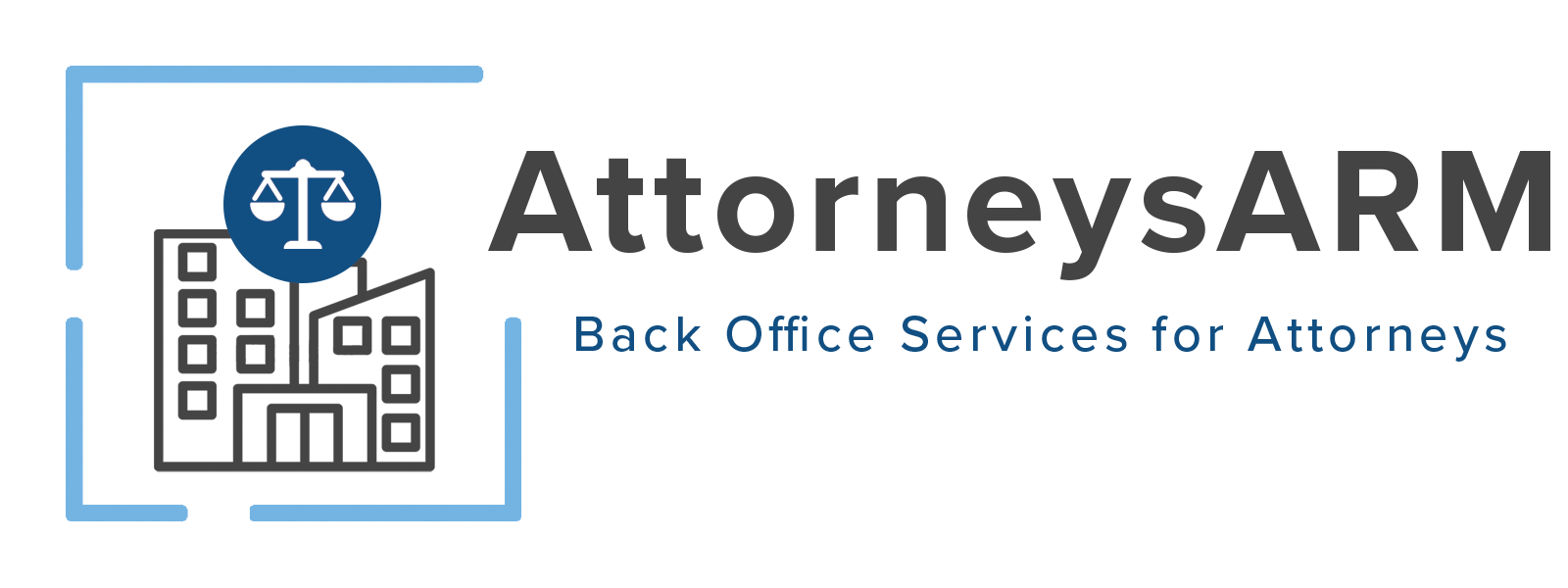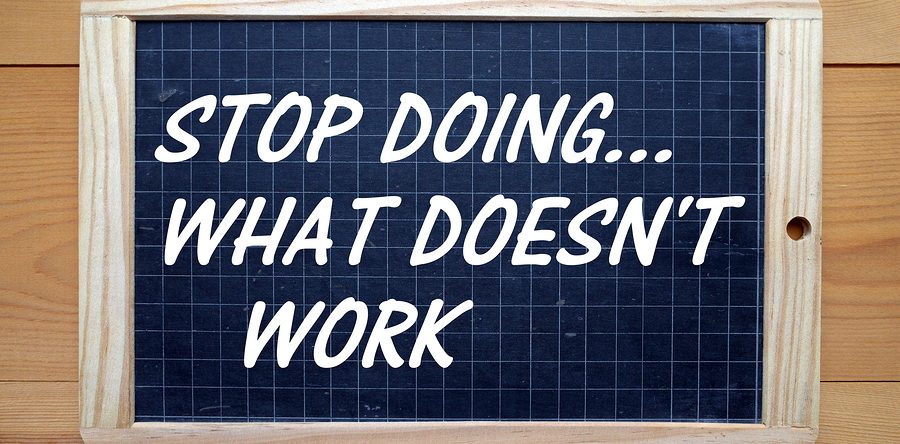Regardless of industry or business size, all businesses ultimately make decisions related to debt collection efforts. Debt collection isn't easy, but we are glad to share best practices with you so that this area of your business improves. Here are 5 things to do immediately with your debt collection efforts.
Have Written Debt Collection Procedures
It doesn't matter if an account is one day past due or 90 days past due. You need written debt collection procedures for your business. The purpose of written debt collection procedures is to act as a resource for anyone who will contact past due account holders. This helps ensure that the all past due clients are treated in a fair, respectable way and also helps your representatives answer questions they may have about the process.
Have a Written Debt Collection Plan
A debt collection plan is another written tool that helps guide your business through the collections process. Your plan should address what happens when an account goes past due. It answers important questions such as when phone calls will be made, when certified letters will be sent, and the procedures for determining when the account should be turned over to a licensed third-party debt collection agency.
Review Account History Before Contacting the Debtor
One of the best ways that you can improve the debt collection process is to simply review the account history before you contact the debtor. Important pieces of information include the age of the account, the balance due, how far past due the account is, and when the last payment was made. This will help you answer any questions the debtor has about the account.
Be Prepared to Provide Debt Verification
Debtors have the right to request debt verification. If you're unable to provide it, you're not going to be able to continue with your debt collection efforts. Usually, you're required to provide more than a statement that shows the debtor is past due (although in some instances that may be sufficient). You may also be required to provide a copy of a signed agreement that shows the debtor opened an account with your business. It's important that you always keep copies of this information on each client.
Additionally, you should review your agreements and put in language that provides you with a personal guarantee if the person signing is a representative of a business. This can help you get paid in the event that a business closes its doors.
Follow-up Procedures Should Be Used
Follow-up procedures should be used throughout the debt collection process. Phone calls should start the day after an account is due. Further, if the debtor promises to make a payment on a certain date, call and follow up with them on that date. Your business can even offer payment arrangements, discounts, and online payment options to make the process easier for clients who fall behind on their payments.
Need Help? Call Clients ARM! If you need help with your debt collection process, schedule your free consultation with Clients ARM. We can help you with everything from written procedures to credit management guidelines to the collections process.




